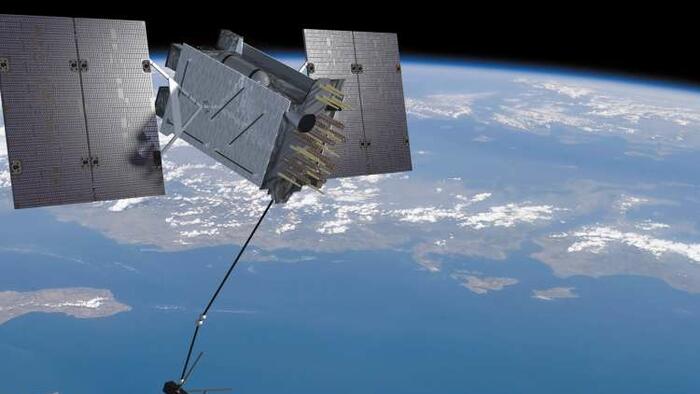


Recent reports in Mideast regional media say that Iran is actively exploring abandoning GPS technology and instead adopting China's main navigation satellite system, BeiDou. Such a drastic change can't be accomplished overnight, however, as the world's dominant system (GPS) has long been embedded in Iranian industries and technology.
US-based and Western technology firms dominate such telecoms and mapping tech infrastructure, and the June 12-day conflict saw Iranian vessels in the Persian Gulf experience repeated disruptions of GPS signal - and it's believed the system was utilized by Israel and the US to track and target Iranian officials.
Iranian officials were already worried about reliance on GPS even before the war, but the conflict has only heightened existing concerns - enough to race for alternatives. After all, the Global Positioning System (GPS) was literally an invention of the US Department of Defense in the 1970s and is currently run under the Space Force.
"At times, disruptions are created on this [GPS] system by internal systems, and this very issue has pushed us toward alternative options like BeiDou," Ehsan Chitsaz, deputy communications minister, told state media earlier this month.
He confirmed that the government is working on a plan switch transportation, agriculture and the internet from GPS to China's BeiDou, according to Al Jazeera.
The same report emphasizes that "Since 2013, whistleblowers and media investigations have revealed how various Western technologies and schemes have enabled illicit surveillance and data gathering on a global scale – something that has worried governments around the world."
It's also only a natural trajectory that Iran would become increasingly more trusting of tech based out of China, India, or Russia - as opposed to that of the United States and Israel's close Western allies.
Russia, for its part, hopes its national or regional satellite navigation system GLONASS can spread, especially among allied populations.
As for BeiDou, it's seen as going hand and hand as a major tech tool with President Xi's ambitious Belt & Road Initiative (BRI) which has been making inroads across Asia and Africa.
Al Jazeera aptly concludes in its report that "Iran’s possible shift to BeiDou sends a clear message to other nations grappling with the delicate balance between technological convenience and strategic self-defence: The era of blind, naive dependence on US-controlled infrastructure is rapidly coming to an end."
"Nations can no longer afford to have their military capabilities and vital digital sovereignty tied to the satellite grid of a superpower they cannot trust," the report adds.
Indeed the Edward Snowden NSA leaks of many years ago also confirmed that this trend has been a problem for decades, and more recently Israeli companies have also made huge leaps in developing hidden spyware embedded in what's presented as civilian products and software.
